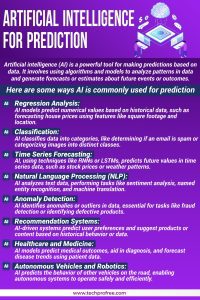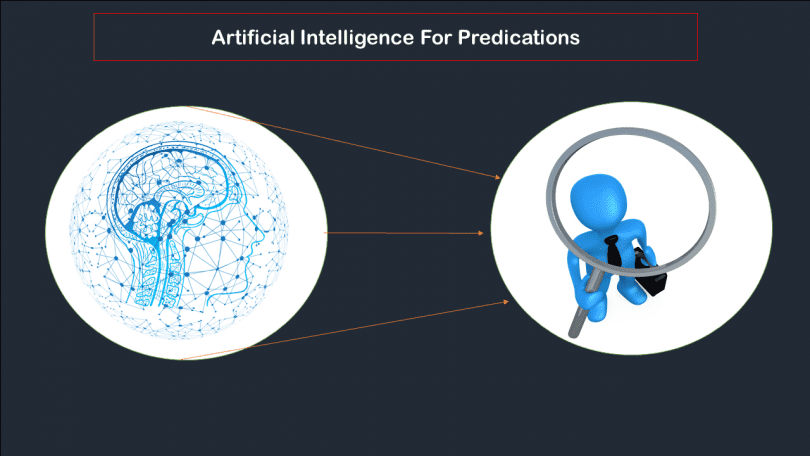What is artificial intelligence Exactly?
Artificial intelligence (AI) is the foundation for mimicking information processing by human intelligence by creating and using algorithms embedded in dynamic computing environments. Simply put, AI is trying to make computers think and act like humans.
Three key components to achieving this goal are
- Computing system
- Data and data management functions
- Advanced AI algorithm (code)
Origin of artificial intelligence
Humans have been interested in the possibility of creating machines that mimic the human brain, at least since the 1st century BC. And in modern times, the term artificial intelligence was coined by John McCarthy in 1955.
Why is artificial intelligence important?
Today, the amount of data generated by both humans and machines is enormous. It is far beyond humans’ ability to interpret using data and make complex decisions based on it. Artificial intelligence is the underlying technology of all computer learning and is expected to be responsible for all complex decision making in the future. Computers can calculate combinations and permutations very efficiently and make the best decisions. In the future, AI (and the logical evolution of machine learning) and deep learning will be the foundation of business decision-making.

What is AI prediction used for, and for what purpose?
AI prediction is used to predict the occurrence of various things.
AI prediction uses AI to predict future occurrences and future values from data.
The implication of AI prediction
There are many places where AI prediction can play an active role.
For example, if you can predict the demand for products, you can prevent supply shortages and excesses and minimize waste of human resources and costs. If you can predict the occurrence of a machine failure, you can perform maintenance at the right time to prevent loss due to the failure. If you can predict the disease’s outbreak, you can extend the length of time you are treated and healthy before the disease progresses.
AI prediction is attracting attention both to avoid entirely personal predictions and to aim for more accurate predictions.
Artificial intelligence uses in daily life
AI applications can also be found in everyday financial service fraud detection, retail purchase forecasting, and online customer support conversations. Here are some examples:
Fraud detection
In the financial services industry, artificial intelligence is used in two ways. Credit card applications use AI for initial scoring to assess creditworthiness. It also uses a more sophisticated AI engine to monitor and detect fraudulent payment card transactions in real-time.
Virtual Customer Assistance (VCA)
Call centers use VCA to anticipate and respond to customer inquiries without human intervention. For customer service inquiries, we combine voice recognition with human conversation simulation to provide an initial response. At a high level of queries, humans can handle them.
When talking using a chat (chatbot) embedded in a web page, it is not uncommon to initially interact with a computer running a dedicated AI. If the chatbot cannot interpret or answer the question, a human will intervene and talk directly to the questioner. Cases that could not be interpreted will be reflected in the machine learning computing system to improve AI applications for future conversations.
Prediction of deterioration of water pipes
AI is used to predict the deterioration of water pipes in order to consider not only the number of years but also the influence of the surrounding environment. Since the probability of water pipe breakage can be grasped and analyzed with high accuracy, the priority in water pipe replacement can be clarified, and the renewal plan can be optimized.
Influenza pandemic forecast
To help prevent influenza, we predict the influenza pandemic level from 0 to 3 this week to 4 weeks later.
Prediction of arrhythmia
It prevents bedridden due to cerebral infarction by detecting arrhythmias such as atrial fibrillation in a few minutes of examination in daily life and realizing appropriate treatment by early diagnosis.
Predicting future values
In addition to the occurrence of things, AI forecasts are used to forecast values such as demand forecasts and price forecasts.
Forecast of real estate asset value in 10 years
By predicting the future real estate asset value with AI, we support customers’ property selection.
Forecasting technology
There are many different algorithms, even if they are just predictions.




Leave a Comment